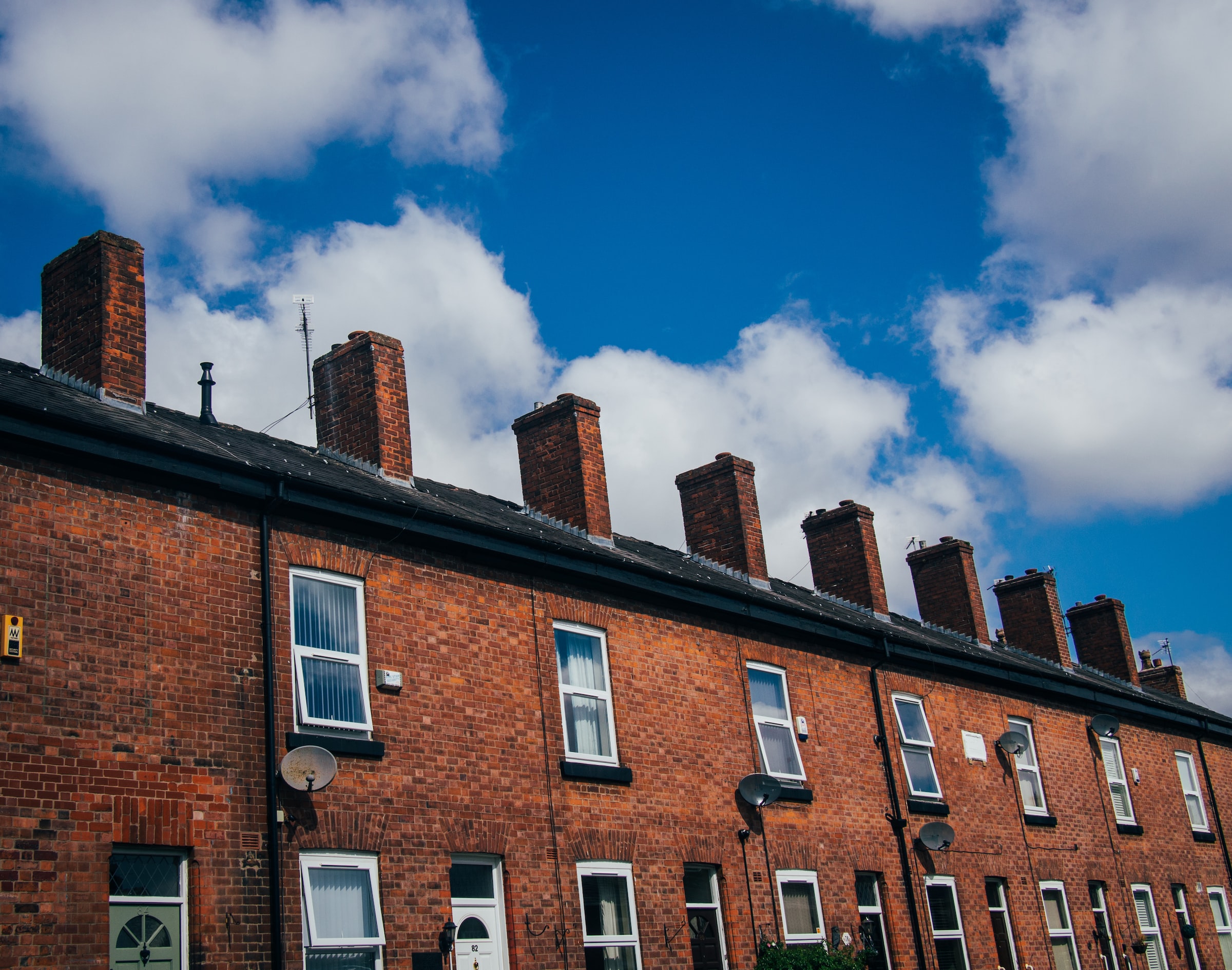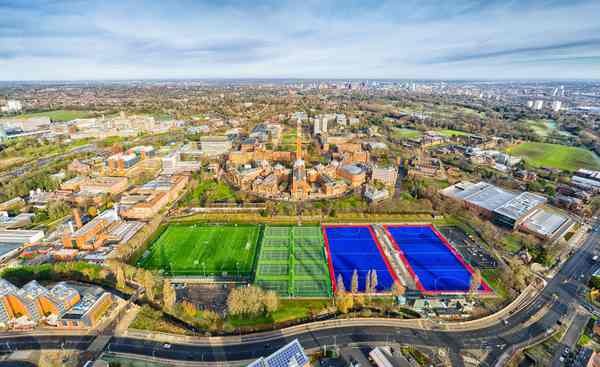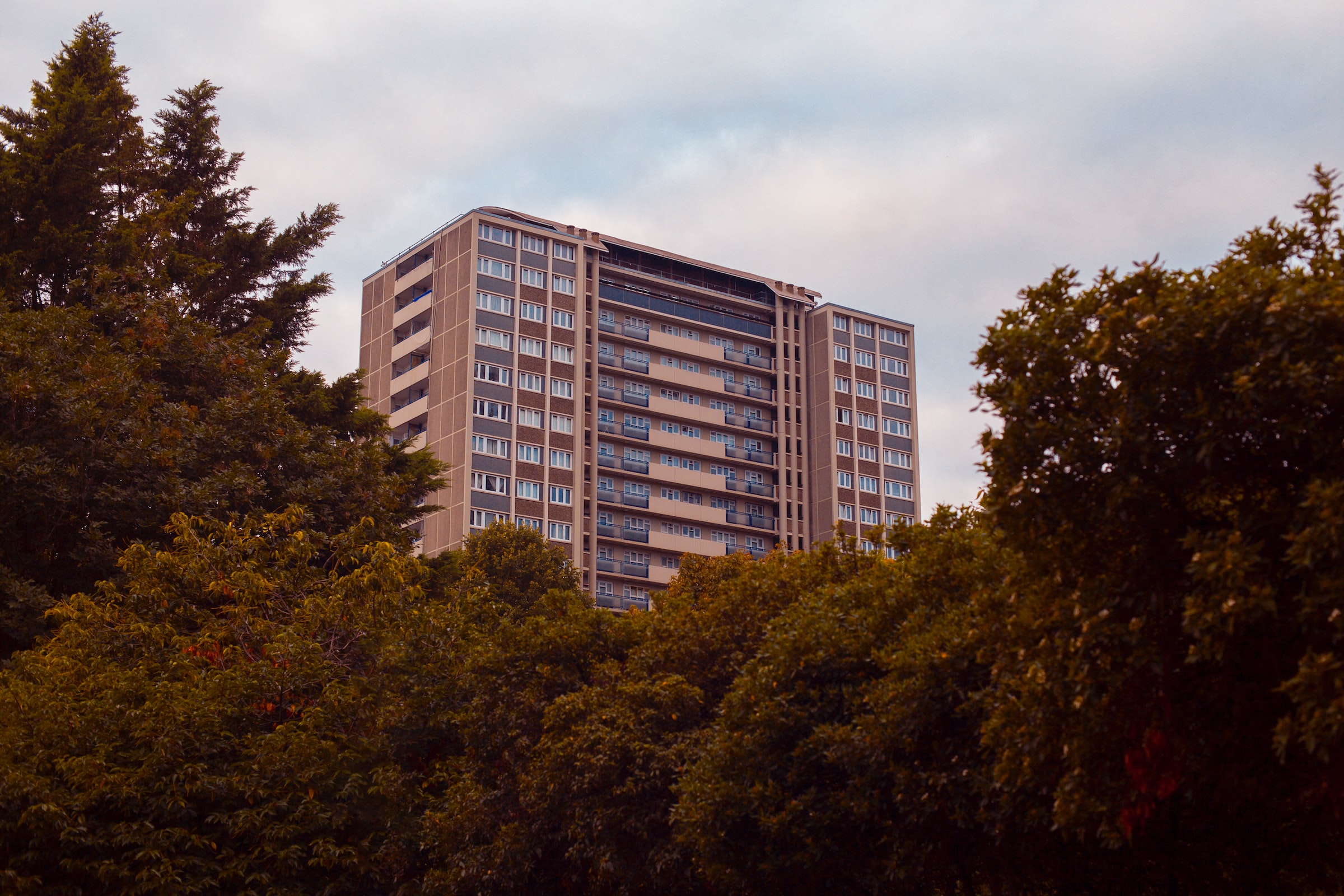Greater Manchester To Cut Fuel Bills

The Green Finance Institute (GFI) and the Greater Manchester Combined Authority (GMCA) are collaborating to trial and scale innovative financing solutions for home energy efficiency improvements. Housing Industry Leaders investigates how the collaboration will help cut fuel bills.
Thousands of people across Greater Manchester are set to receive support to make their homes more energy efficient and see their fuel bills cut, GMCA has said. Homeowners and landlords will be funded to pay for better insulation and low carbon heating.
GMCA is aiming to upgrade 60,000 homes in the area per year, with the homes being supported using a mix of public and private sector finance.
Ensuring that homes become more energy efficient is essential following the news that the cost of a dual-fuel bill for a UK home is set to rise to at least £2,800 this winter. This increase comes on top of a 54 per cent increase already implemented this spring.
Greater Manchester Must Become Greener
Proceeds raised from the launch of a green bond from GMCA will go towards projects that train retrofit professionals and deliver retrofitting schemes in social housing and other energy-inefficient homes. The council put money towards the bonds but also enables businesses and individuals to invest.
Cllr Martyn Cox, the Council’s lead for green city-region and waste said “A key part of this is lessening how reliant our homes are on high carbon fuel and making them more energy efficient. However, it’s crucial that as we become greener, we become fairer, so people are not left behind.”
That means making sure people are less reliant on carbon-intensive energy at home, whilst reducing their energy bills.
Other interventions that are set to be made include the introduction of green mortgages and rental agreements. The GFI and the council will collaborate with landlords, lenders and mortgage intermediaries to design and implement the contracts.
Green mortgages and rental agreements help to provide an incentive for the buyer or landlord to renovate buildings by offering lower interest rates and/or access to a larger loan amount.
Retrofitting Can Bring Down Installation Costs
Introducing a new structure through which groups of homes interested in retrofitting can be ‘aggregated’, the partnership will benefit those who may not own their property outright, or don’t wish to have a green mortgage or rental agreement.
Carrying out retrofitting on multiple properties at the same time is believed by the partnership to bring down installation costs.
The Scheme Will Help Greater Manchester Become Carbon Neutral
The partnership between GMCA and GFI aims to test what it claims is the UK’s first property-linked finance scheme in which property owners can sign up for support to pay for energy efficiency projects. The money is then repaid through the property tax bill.
Repayment obligations typically pass to the new owner if the property is sold, and this has proven successful for commercial buildings in the US.
Allowing residents to invest in the net zero agenda, the initiative would provide funding for council decarbonisation projects and energy efficiency measures and boost the development of green mortgages.
Programme Director for GMCA’s built environment programme, Emma Harvey, said: “Local Authorities have a deep understanding of their residents’ needs and increasingly recognise the opportunities to work with the private finance sector to deliver access to finance for their citizens.”
We are excited to collaborate with GMCA and the market to pilot a portfolio of innovative financial solutions the GFI has been developing since its inception in 2019, demonstrating a new model for local authorities across the UK.
Helping to enable Greater Manchester to become carbon neutral by 2038, the scheme is part of GMCA’s retrofitting strategy to improve homes and buildings.

